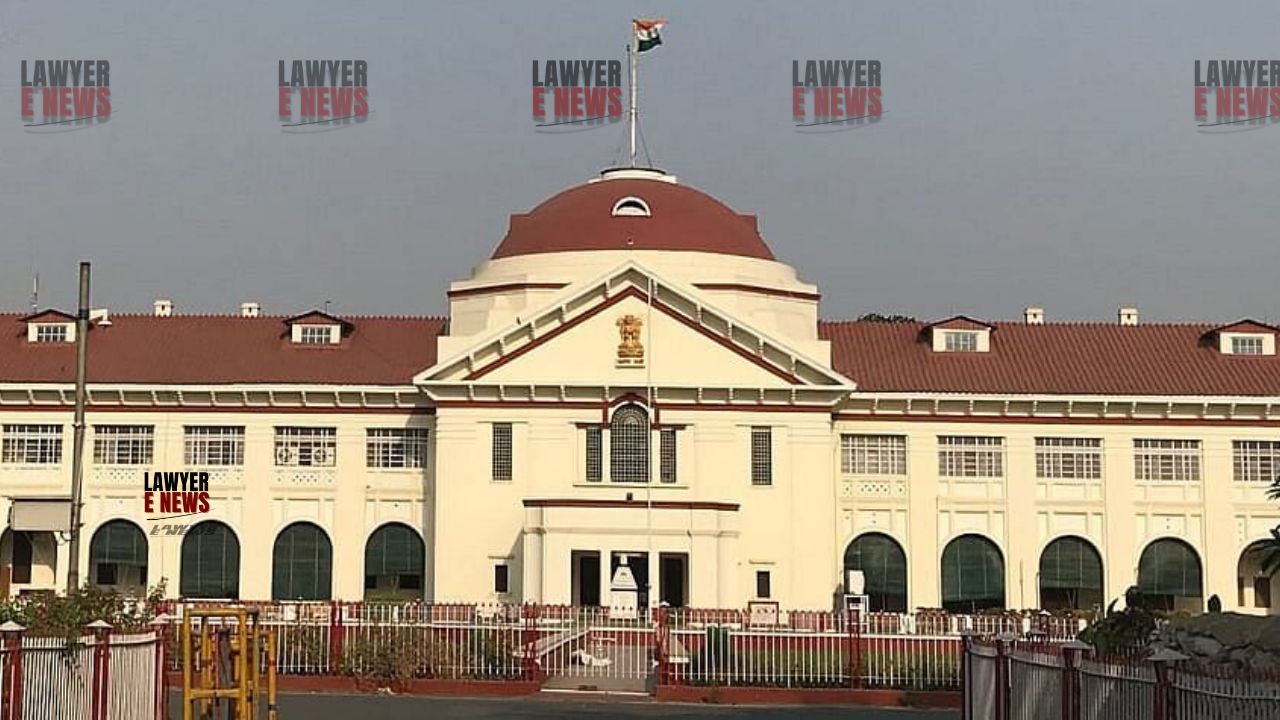-
by Admin
15 February 2026 5:35 AM



Breath analyzer reports alone are insufficient for conclusive proof,” rules High Court - The Patna High Court has overturned the dismissal of Manju Devi, a Bihar government employee, emphasizing the insufficiency of a breath analyzer report as conclusive proof of alcohol consumption. The judgment, delivered by Justice Bibek Chaudhuri, stressed the necessity for proper scientific examinations and adherence to principles of natural justice in disciplinary proceedings.
Manju Devi, the petitioner, was dismissed from service following allegations of alcohol consumption based on a breath analyzer test. On February 5, 2018, while posted at the S.D.O. office in Nirmali, Devi was apprehended by the local police on charges of violating Sections 37(a) and 37(c) of the Bihar Prohibition and Excise Act, 2016. Subsequently, she was suspended from service due to her judicial custody. Although she was later released on bail and reinstated, disciplinary proceedings were initiated, leading to her dismissal on January 15, 2020. Devi challenged this dismissal, arguing that no conclusive scientific tests were conducted to prove alcohol consumption.
Inadequacy of Breath Analyzer Reports: The court underscored the limitations of breath analyzer tests in proving alcohol consumption conclusively. Referencing the Supreme Court’s ruling in Bachubhai Hassanalli Karyani v. State of Maharashtra, the court reiterated, “No conclusion regarding consumption of alcohol can be made solely on the basis of breath analyzer results; blood and urine tests are essential for confirmation.” Justice Chaudhuri noted that the disciplinary authority had disregarded this crucial requirement, relying solely on the breath analyzer report to justify dismissal.
Principle of Natural Justice: The judgment pointed out significant lapses in the adherence to natural justice principles. “The disciplinary proceedings against the petitioner were conducted without the necessary scientific examinations to conclusively establish the alleged misconduct,” the court observed. The lack of blood and urine tests meant that the evidence against the petitioner was fundamentally flawed, rendering the dismissal unjust.
Scientific Examination Requirement: Reiterating the Supreme Court’s stance, the court highlighted the necessity for comprehensive scientific tests in cases involving allegations of alcohol consumption. “The corroboration provided by blood and urine tests is indispensable in such cases,” the court stated, emphasizing that breath analyzer results alone cannot support severe penalties like dismissal from service.
Justice Bibek Chaudhuri remarked, “Breath analyzer reports are not a conclusive proof of alcohol consumption. The failure to conduct blood and urine tests undermines the disciplinary proceedings and violates the principles of natural justice.”
The Patna High Court’s ruling underscores the judiciary’s commitment to upholding fair procedures and the necessity of robust scientific evidence in disciplinary actions. By quashing the dismissal order, the court has mandated the reinstatement of Manju Devi with all consequential benefits, setting a significant precedent for similar cases. This judgment reinforces the importance of adhering to established legal principles and scientific standards in the administration of justice.
Date of Decision: 19th June 2024
Manju Devi vs. The State of Bihar & Others
